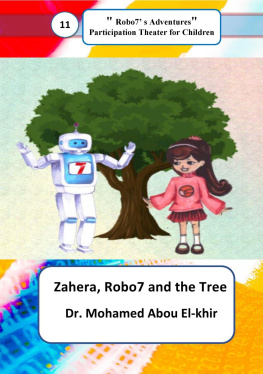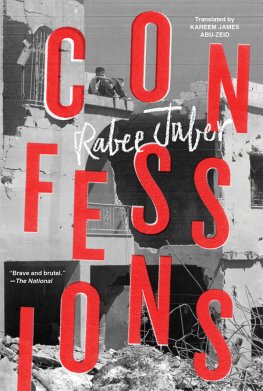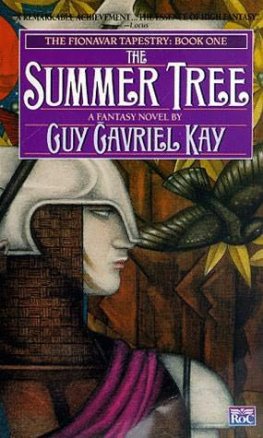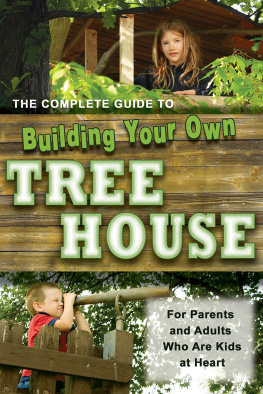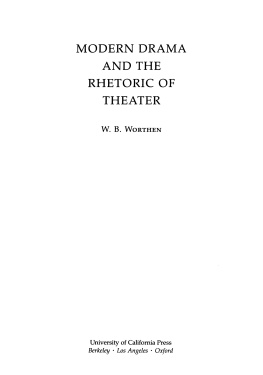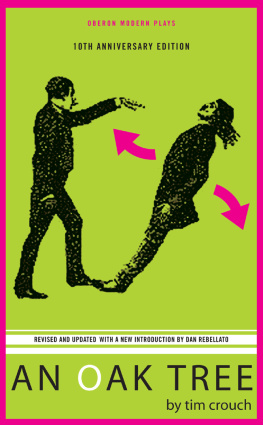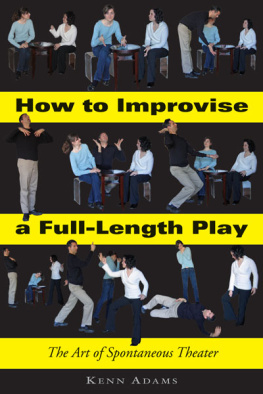Participation Theater for Children Robo7s Adventures Zahera, Robo7 and the TreeDr. Mohamed Abou El-khir
Robo7s Adventures Participation Theater for Children Zahera, Robo7 and the Tree Dr. Mohamed Abou El-khir A play inspired by the great writer Abdel Tawab Youssef No part of this book may be reprinted or reproduced or utilized in any form or by any electronic, mechanical, or other means, now known or hereafter invented, including photocopying and recording, or in any information storage or retrieval system, without permission in writing from the author. Registration No: 2022-15314 ISBN: 978-977-94- 2591-7 Zahera, Robo7 and the Tree
Characters
Dr. Zahera: PhD in Arborology, 30 years Zahera: 9 years Am Rabe: Zaheras father, 40 years Robo7: A robot loves trees Teacher: 25 years Manger : 50 years Two employees to cut down trees The owner of the garden: 65 years A group of young students Contents
Preface
1) Thinking is the essence of learning. Participation between the performer and the recipient in a child's theater is considered a primary stimulus to thinking.
Hence, the play is based on the Participation Theater approach, as the play includes in its dramatic construction some scenes that allow a direct relationship of discussion and interaction with the audience of children during the performance. And this requires the director with the actors to explain the topic under discussion in its many details during the exercises, and what they should behave in different situations during the event, this participation contributes to the growth and development of the cognitive and aesthetic aspects of the children, whether the performers or the audience of participants, realizing the principle of the educational scientist Vygotsky "THE ZONE OF PROXIMAL DEVELOPMENT" In the context of this vision, theater is considered an active and influential element in developing the child's personality with new experiences and knowledge that keep pace with the civilized development of the knowledge age, and face future challenges. 2) The directorial vision expands in presenting this play to different styles in the type of vocabulary of the theatrical performance, where the stage can be, from designing scenes, accessories, "accessories" to clothes, lighting, and composing music .... it depends on advanced technology, and in another way the show can be presented with a method. The simple theater "where the place is a garden, a playground or a suitable hall ... and the materials that make up the show depend on the creativity of solutions in the use of simple clothes, the use of symbols that give significance to the event and the character, and also the use of live music with musical or recorded instruments that create the psychological atmosphere of the situation, ...
But it is important and necessary that the artistic elements in both styles - audible and visual - harmonize and complement each other and fulfill the values of the theatrical performance.
Scene 1: The Garden
(A theater is in the garden, the sound of a horn, attracting children from the garden to come the stage of the performance, and when everyone sits, two children appear. each carries a bouquet of roses which were picked. Dr. Zahera saw them fiddling with flowers.) Dr. Dr. Dr.
Zahera: Don't you realize your mistake? Nader: Our mistake? Dr. Zahera: Yes, your mistake (looking at the roses). Hossam: No, these are some of the roses we cut because we love roses. Dr. Zahera: Smiling You like roses. You reminded me of my neighbors son.
He loves to play, yet he breaks them. Hossam: But we want to enjoy and smell the beauty of roses. Dr. Zahera: We all love to enjoy and smell roses. But if we assume that everyone who loves roses picks them, then what is the result? Hossam and Nader: This means that roses may not remain at all. Dr.
Zahera: Of course, roses were created to be enjoyed in gardens and orchards, or to be used in perfumery, not to be tampered with and picked as you did. Hossam: Really, but are you the owner of this garden? Dr. Zahera: No, but it is not that I own of the garden, my profession and my love for roses dont make me accept anyone insulting the roses. Nader: Your profession?! Dr. Zahera: Yes, my profession. Nader: What do you do? Dr.
Zahera: I am the supervisor of this garden, and I also have a PhD in Arborology. Hossam: Tree Science!!! Dr. Zahera: Yes, and my love for trees has a story, would you like to hear it? Everyone: Yes. Dr. Zahera: I will tell you, and all the loved ones with us, the story of my love for trees. (Zahera speaks to the audience) I will tell you about my memories, I will tell you about my life, I will tell you how young I was? And how did it become old? I will talk about the village, and my father, and the school, and the city.
I will tell you the story of my love for trees, I will tell the story of the triumphant tree. I like to tell it from the beginning, since I was loving my dad when I was little. (Blackout)
Scene 2: The Village Square
The Group: (Zahera sings with the children's group) In our beautiful village, we wake up with the call to prayer, we wake up with the birds, we greet the morning with a breath of faith, and the joy of the morning greets us with the sunrise, with the dance of the rays, so we go on the road, and spread the sail for hard work, to reach hope. And we live happily in our beautiful countryside, we wake up with the call to prayer, we wake up with the birds, we receive the morning, with a breath of faith, and the joy of first-born in our beautiful countryside, everyone is tormented by striving and struggle and time is not wasted to reap the fruits, With the breath of faith, and the joy of first-born in the calm of the evening, we included the stories, and the joy of the summer, the stories of my grandmother, the stories of Sindbad, with its magic revolve in our beautiful countryside, we wake up with the call to prayer, we wake up with the birds, we receive the morning, with the breath of faith, and the joy of first-born. Zahera: I'm Zahera, when I knock on the door, a voice comes from behind him asking me from there? I reply in my name like this, like a whiff of perfume, and when my teacher, or someone from the village, perhaps a stranger, asks me who are you? I whisper in a sweet, sweet melody, I am Zahera, and I sneak behind my father, as he sits in the village square reciting the Qur'an. Am Rabee: In the name of Allah, the most Gracious, the most Merciful, } It is He who sends down water from the sky, for you to drink from it and from it trees in which you breathe ) 10 ( He grows for you with it the crops, the olives, the palms, the vines, and from all the fruits, for in that is a sign of harm {(11) An-Nahl.
God the Great has spoken the truth. Zahera: puts her hand on his eyes, "Who am I?" Am Rabee: I seek refuge in God from the accursed Satan, who? Zahera: "Who am I, who am I?" Am Rabee: He pulls her by the arms and holds her to his chest. Zahera, where are you coming from? Zahera: I used to bring food and water to chickens and geese. Am Rabee: I am happy for you, Zahera, because you are working. Zahera: It is work that makes a person valuable, Dad. Am Rabee: Really? Zahera: Yes, and they also build civilizations.
Am Rabee: And where did you learn that? Zahera: At school, dad. Am Rabee: It is nice to hear this from you, and know, my daughter, that work is an obligation, rather it is an obligation on every human being, and it is not only a person who works, but every living being in this existence has what they do to preserve his life and be assured of their livelihood. Zahera: Indeed, my father, I studied this in school, and the teacher told us that birds, animals and insects work, and he gave us examples from the community of bees and ants..... Am Rabee: (interrupting) And why are we looking away? Have you forgotten, our beautiful donkey, he works with me in the field day and night, and I reward him with food. Zahera: Have you watered your trees this morning, Dad? Am Rabee: Yes, I watered them, thank God, but they are not my tree Zahera: then, whose trees? Am Rabee: The trees of God are for people, all people. Zahera: People call them Uncle Rabie's trees.
Next page
